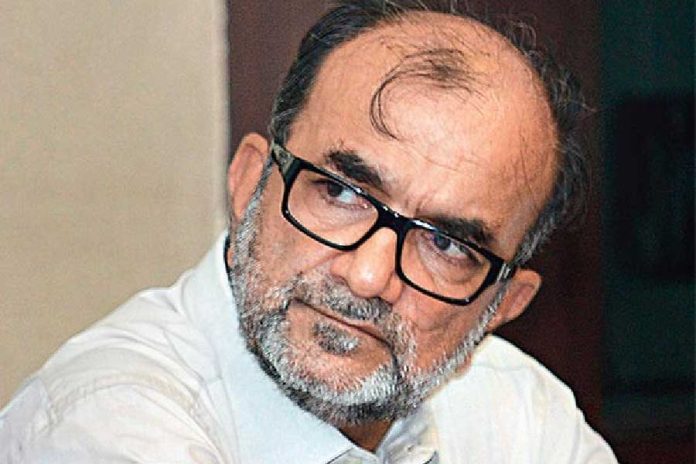New Delhi: The Polit Bureau of the Communist Party of India (Marxist) strongly condemned attempts by Hindutva forces to stoke communal tensions under the guise of temple-mosque disputes. The party urged the Union government and judiciary to uphold the Places of Worship (Special Provisions) Act, 1991 in letter and spirit.
In a meeting held on December 7-8, the Polit Bureau discussed several pressing issues and adopted multiple resolutions.
The Polit Bureau expressed grave concern over the growing trend of lawsuits claiming that historical mosques were once temples. After disputes in Varanasi and Mathura, a lower court in Sambhal ordered a survey of a 16th-century mosque, leading to violence that claimed five Muslim lives. Similarly, another case has been filed in a civil court concerning the Ajmer Dargah.
The CPI(M) criticised the Supreme Court’s inaction in halting such litigation, emphasising that it undermines the 1991 Act, which the court had upheld in its landmark 2019 Babri Masjid verdict. The party called on the apex court to proactively prevent violations of the Act by intervening in these cases.
Addressing the situation in Bangladesh, the Polit Bureau reiterated its stance that the interim government must ensure the safety and protection of religious minorities. Simultaneously, it condemned the BJP-RSS and Hindutva groups in India for inciting tensions through divisive propaganda.
The CPI(M) urged secular and democratic forces in both nations to unite against communalism, asserting that such divisive strategies harm the interests of people on both sides of the border.
The Polit Bureau also criticised the Union government’s neglect in providing timely relief to Kerala following the devastating landslide in Wayanad. Despite the state’s urgent request for ₹214.68 crore in immediate aid and ₹2,319.1 crore for comprehensive recovery, the Centre has failed to respond even four months after the disaster.
Meanwhile, on behalf of CPI(M), Prakash Karat, Coordinator and member of the Polit Bureau, has filed an intervening application in the Supreme Court in the writ petition challenging the validity of the Places of Worship (Special Provisions) Act, 1991. The application seeks to dismiss the writ petition on grounds of secularism, equality, and freedom of religion.




